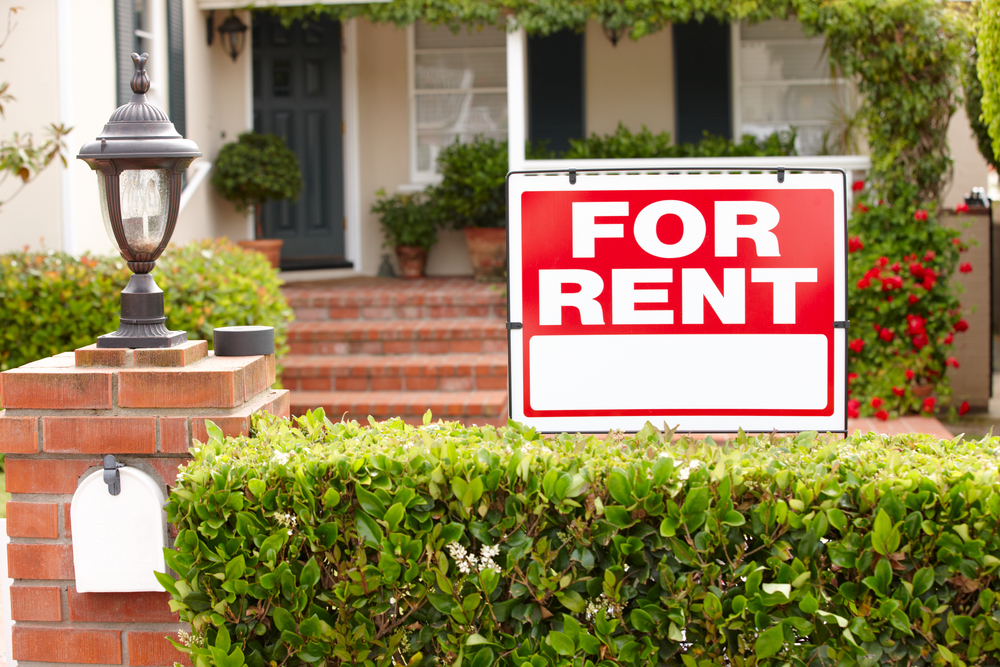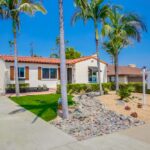Numbers are a critical part of the real estate business. They directly impact every decision you make, and the bottom line on every deal. Owning a rental property is no different. Your rental income and expenses determine how much cash flow is available and whether or not a property is a good rental candidate. Most of the numbers on rental properties are fairly straightforward, but some are more difficult to decipher. If you overlook or ignore these numbers, you will have a rental property with negative cash flow and minimal equity. Before you get involved in any potential rental property, you need to know all of the numbers that will influence your decision. Here are the most important:
1. Cash flow: Rental income minus housing expenses is the cash flow that is generated on the property. This is the number that many investors look at to determine the strength of a property. It is easy enough to plug in the monthly rent and subtract that from the mortgage payment. The problem is that there are often many variables to this equation. Start with your expected rent. The rent that was generated by the property last year may not be the same in the future. We are currently near an all-time demand for rental properties. There are more rentals today than ever before. Because of this landlords are getting top dollar for their rentals. A slight change in demand may lower this number. You also need to keep an eye on what is going on in the market. Increased unemployment, reduction of new businesses or numerous other trends will have an impact on what you can generate for rent.
The other half of your cash flow equation starts with your mortgage payment. If you took out a fixed loan you know the principal and interest payment for the next 360 months. The tax and insurance portion of your payment can change from year to year. It is not uncommon for towns to increase property taxes by $1000 or more in any given year. This is the exception rather than the norm but it does happen. The same can be said for your homeowners insurance. You won’t see such a dramatic change but you can see an increase of $50 with certain properties. These are the basic dynamics of cash flow. It is important to know which numbers are constant and which are subject to change from year to year.
2. Repairs/Maintenance: Regardless of where the property is located or who your tenants are nothing will prevent repairs from being needed. One of the most important things you can do as a landlord is brace for the unexpected. In the case of rental properties you need to expect things to happen out of the ordinary. This means you need to allocate some portion of the monthly rent to establish a repair fund every month. Nothing will get a landlord in trouble faster than not having money to fix items as needed. Not repairing items leads to tenants being dissatisfied which could lead to not getting the rent. You can also make a small problem much worse by not fixing it correctly when you should. With every new lease you should look at the condition of the property and make updates where necessary. Little things like updated painting or flooring can mean the difference in getting top dollar rent. If you own rental property you need to have a repair fund.
3. Property manager: A common thought among many new landlords is that they will just hire a property manager to take care of everything. This is good in theory but you need to budget for this expense. A property manager can take anywhere from 10-15% of the rent received. On out of area properties this can be money well spent but it still needs to be budgeted for. A good property manager should handle tenant applications, small repairs and minor everyday items with a rental. They certainly earn their pay but as the owner there has to be room in the budget for this to make sense. Some properties work with tight cash flows and 10% can tilt it over the edge. Know the fees and what you are getting for your money before you assume a property manager works on your property.
4. Utilities & Miscellaneous expenses: Do you know which utilities you are paying and which your tenants are? Items like the electric and heat are best left in the hands of your tenants. What about the water and sewer bill? Even though these are rather inexpensive in nature and often only quarterly they still need to be accounted for. How about snow removal or lawn care? Even small yards can cost a minimum of $25 every mow. If you have to get the grass cut from May to October you are looking at a few hundred dollars. The same is the case with snow removal. You will either have to remove the snow yourself or pay to have it done. You can omit it from your rental price but you make your rental far less attractive. Anyone in the Northeast can tell you how much of a hassle, and expense, snow removal is. These are the seemingly little items that can make or break the budget and the property. Don’t overlook these expenses when evaluating a property.
All of these little numbers added up can put your cash flow at a negative. A good property may not be a good rental property after you are done looking at all the numbers. Numbers tell you strength of any potential rental property. Look at all the numbers before you do anything else.







